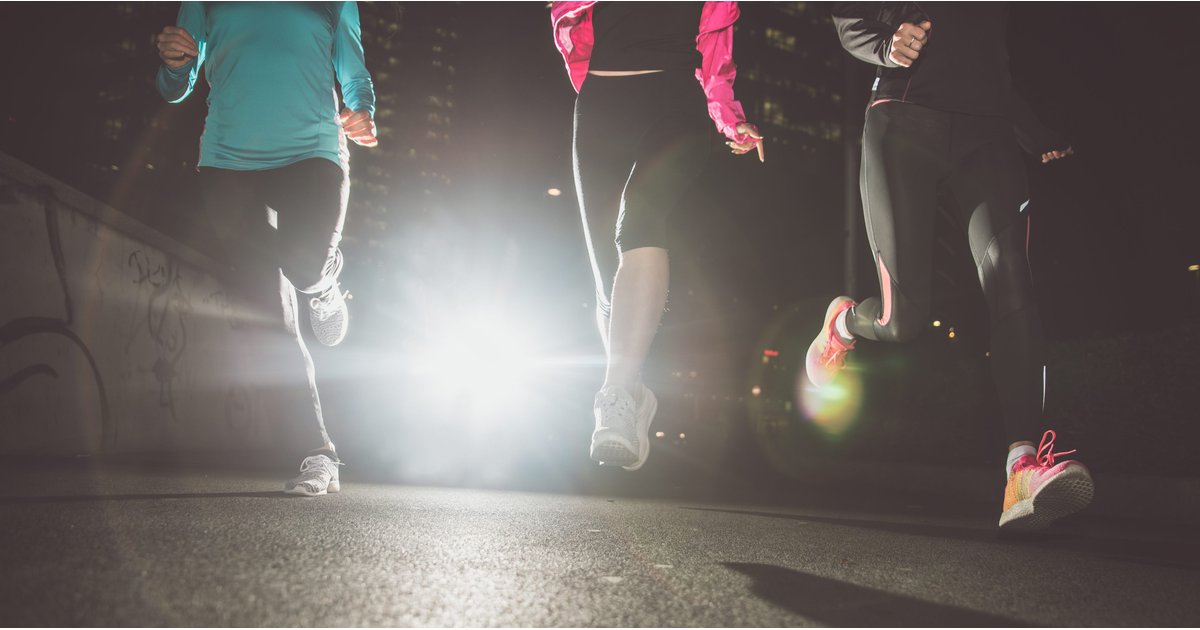What Causes Hypnagogic Jerks?
A hypnagogic jerk is the involuntary muscle spasm some individuals experience as they fall asleep. The name refers to the period between wakefulness and sleep: the hypnagogic state. Others may call the jerks 'sleep starts' or 'hypnic jerks.' Regardless, they're spontaneous or may occur from external stimuli. Patients may experience bright lights, loud noises, hallucinations, and the feeling of falling during a hypnagogic jerk. Currently, there isn't much conclusive research on causes. But some scientists believe they know certain contributing factors. For example, lack of sleep, consuming too much caffeine, and stress can all lead to hypnagogic jerks. Depending on the cause, there are different remedies to explore.
Exercising Too Close To Bedtime

As noted, a hypnagogic jerk is an involuntary twitch that happens when the individual is almost asleep. Other symptoms can occur besides the initial shudder, including quickened breath, a racing heartbeat, sweating, and sometimes feelings of shock. The shock may feel like the individual had narrowly avoided falling off a cliff. Many theories exist to try and explain why hypnagogic jerks happen, but nobody has found a conclusive cause. Still, scientists have found a connection between hypnagogic jerks and exercise too close to bedtime. The best way to test this is to experiment with exercise routines. Patients should try working out earlier in the day and see if this improves their sleep. Another possible cause could be the brain's misunderstanding of what's going on. When the muscles relax, the brain may believe it's falling. This causes the brain to panic, sending the signal to the muscles to pay attention right now, leading to the hypnagogic jerk.
